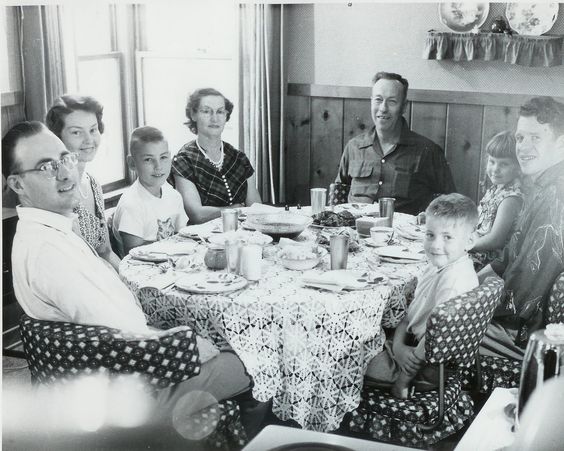We’ve got good news for parents with lots of kids: they’re probably going to behave better than kids from smaller families. We’ve also got bad news: some of your kids are going to struggle cognitively.
As the number of children per family continues to fall – just two per household today versus seven in 1800 – researchers have been studying the implications of this demographic trend. Two results have stood out: kids’ intellectual and emotional intelligence.
Turns out, kids from crowded homes tend to:
- Fare worse in school
- Perform poorly on cognitive tests
- Pursue less education overall
Equally important, the younger children tend to do worse than their older siblings, and the older siblings show cognitive declines with each new addition to the family.
As to why these shortcomings exist, researchers speculate it is tied to parents’ time and resources. Simply put, the more kids in a home, the less time parents have to dedicate to a particular child. As each new child arrives, the older children receive even less time from mom and dad but more responsibility.

Similarly, more kids equate to more drains on a family’s resources. Meaning kids may not enjoy the same level of access to extracurricular activities, tutors, and other opportunities as would kids from smaller families.
“Earlier children experience the greatest reductions, because they lose the most parental attention,” the researchers write. “Because parental resources become increasingly restricted as family size grows, third- and later-born children are likely to receive so little nonessential resources that their share can barely be diluted by a new, younger sibling.”
But those big families do bring good news with them – at least for the youngest of the broods. The same research reveals that kids from larger families tend to be better behaved than kids from smaller clans.
In particular, the last-born children are often seen by their parents as the best behaved of the lot. Researchers speculate this may be in part to parents (and older siblings) focusing more attention on the child. Or, it could be the parents are simply viewing that final, ‘baby’ of the bunch through rose-colored glasses.
The results of the study do demonstrate one truism above all others: that kids who receive a sufficient amount of attention from parents tend to do better in life than those who are left to their own devices. Meaning that something as simple as consistent, dependable family dinners can go a long way in helping all kids – regardless of family size – to enjoy the benefits of parental attention and interest.
